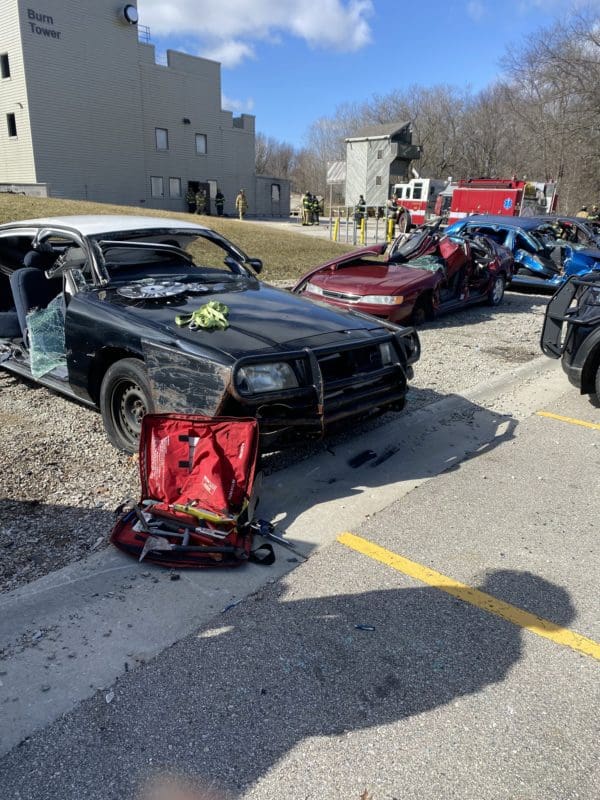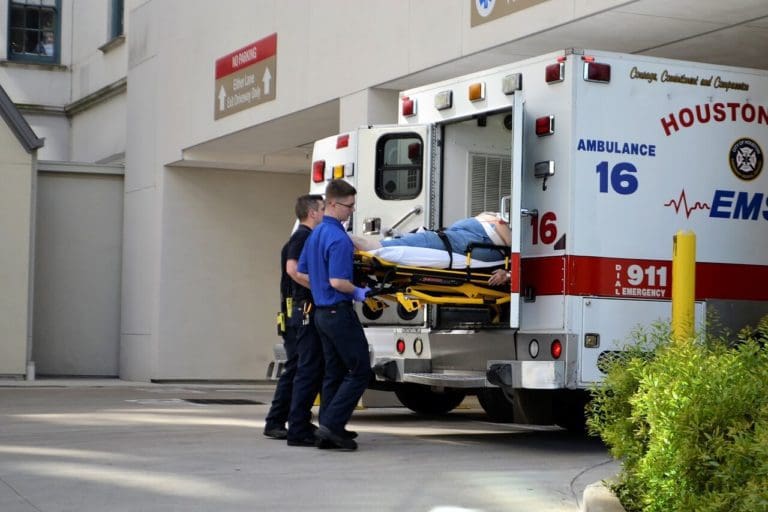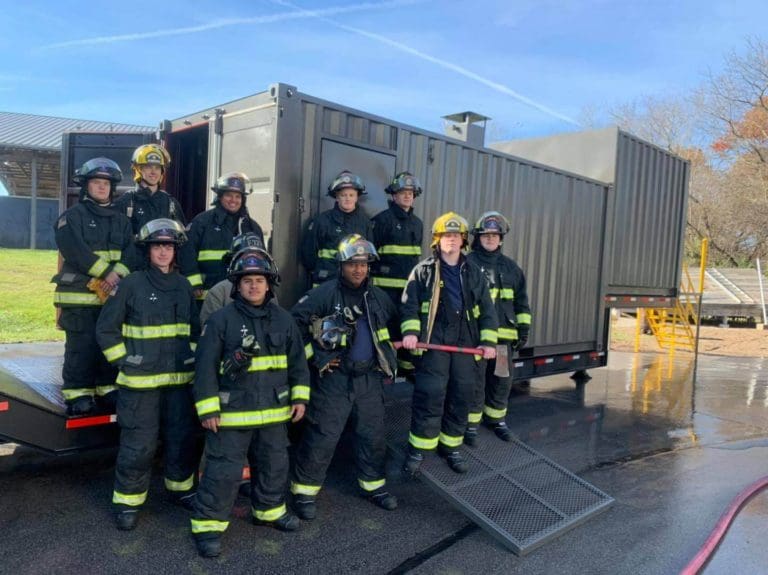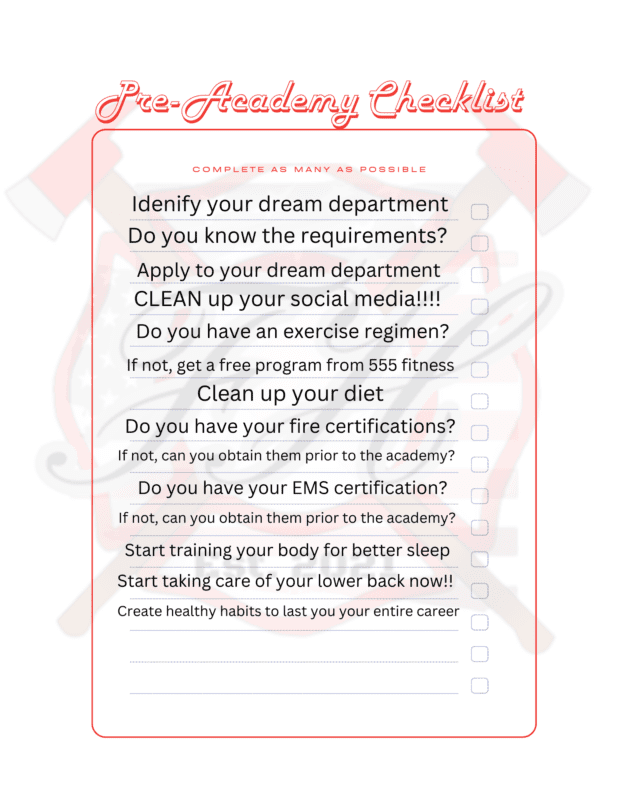What Are The Best Fire Academies
So my brother recently came to visit me, and it was a great time spending time with family, especially since I had not seen him for about 5 years since he lives back in MA and I live in WI. We both pretty much have the same background for the most part. As soon as we graduated highschool, we joined the military. Although I was on active duty for only one term of 4 years and then I got out, my brother is now getting ready to transition out after 10 years of service. He recently expressed his sudden interest in getting into either law enforcement or the fire service. So the question he had was, What or where are the best academies that he can go to?
The best type of academy to go to are the ones that are very specific to the department that you want to work for. While these are not always available in every jurisdiction depending on its size, the closer your training is to how your preferred department operates the better. There are regional academies that serve many people and the needs of many departments. There are also in-house academies that train their employees in the specific way that particular department functions. Let’s talk a little more about it below.
Types Of Academies
I wrote another post about fire academies and if they are harder than military boot camp, Check it out here.
Fire academies that are hosted by community colleges or technical schools that have to keep things somewhat broad, and teach the minimum the requirements that every department needs, in order to serve many.
Regional Academies
Regional academies are a great option for a lot of people, and even for those who are already working in career departments. Regional academies are usually those classes you can take at a community college. What makes these really attractive to career firefighters, and even those joining, is that you do not need to be hired by a department to get in. And if you are already hired, there isn’t a waiting list or seniority list that you have to wait on before you can take some additional classes or grab additional certifications.
The negative is that these classes and certifications have to be paid out of pocket, unless your department is willing to pay for it. From what I’ve seen, if you are already hired by a department, and you want them to pay for your additional education, you’ll have to wait your turn in seniority. If you want to get it done asap, you’ll have to pay out of pocket.
The good news is that these classes are not usually too brutally expensive, and if you qualify for financial aid, it should help a lot, if not cover the class entirely. Just to be sure, check with your local school’s financial aid office, because I’m not a financial aid expert.
In-House Academies
In house academies are great because you will be trained exactly how your department wants you trained. Ideally you are hired with zero certifications, and then you obtain them all during the academy. Although many new hires may come to these departments with their in-house academies that already have their certifications.
But guess what?
They still have to go through the recruit academy. Although some portions of the academy may be shorter for them, since they have those necessary certifications, they still have to go through just about everything a brand new hire would.
One more benefit of these in house academies is the fact that you get paid for training. As opposed to a regional academy, you’re not paid because it’s pretty much going to college, and that is something that you do not usually get paid to do.
Length Of Academies
Most academies whether regional or in house on average lasts about 6 months long. Sometimes they may be longer if for example, your academy also includes paramedic training and certification.
Now something a lot of people might forget to account for if they are coming from a regional academy, is the in-house academies that career departments that do not have their own certification classes. This is similar to a mini academy that typically lasts like 6-12 weeks of learning that specific department’s way of doing things. As a matter of fact, every career department here in the state of WI has their own “mini academy”. So if you did 6 months of back to back classes at the local community college, and then 2 months of mini academy and you end up with at least 8 months of training.
Conclusion
The best type of academy is honestly whatever is best for you and your goals. If you don’t really want to pay out of pocket for any classes, you can opt for a larger department where you can obtain your certifications, or if you want to go at your own pace, the regional may be a better option for you.
Be sure to check out my other post about fire academies here







